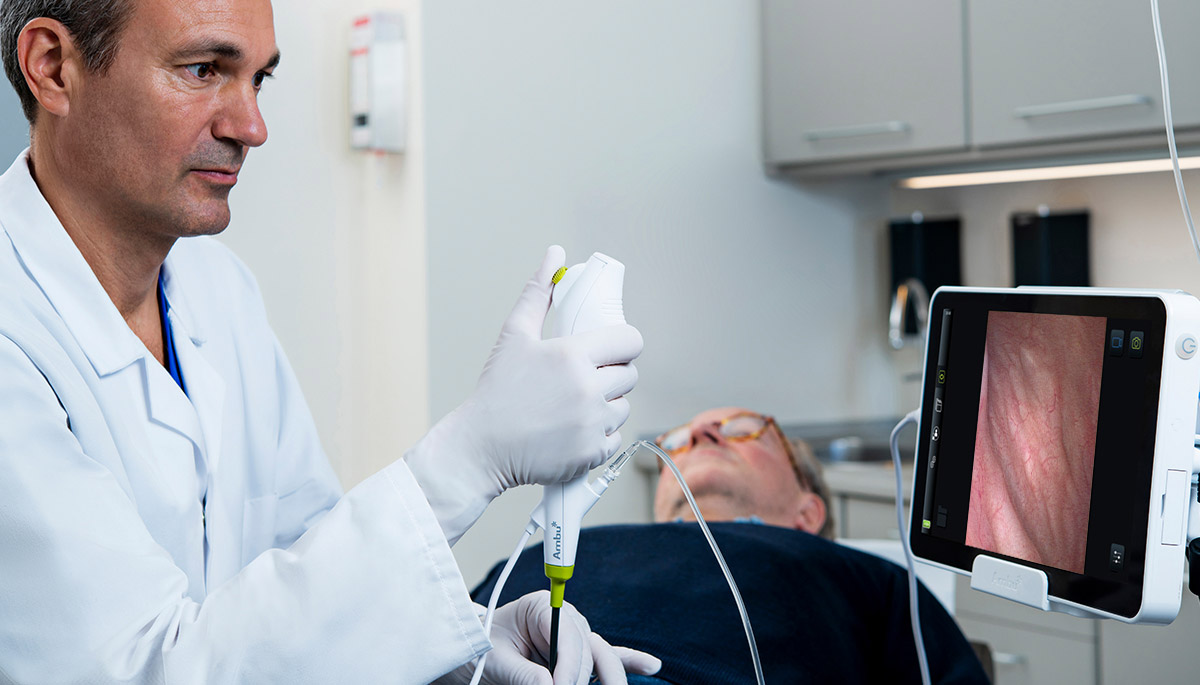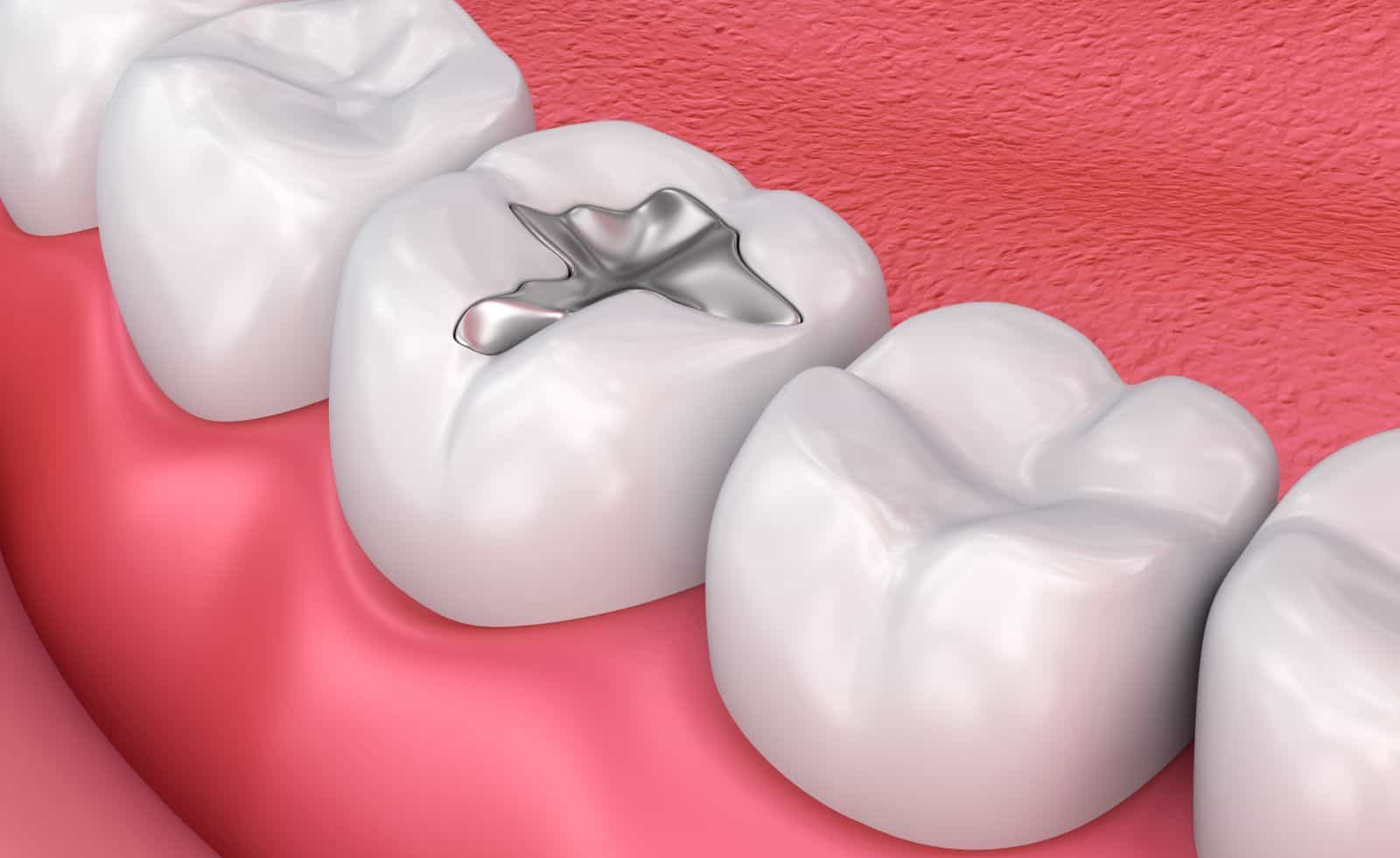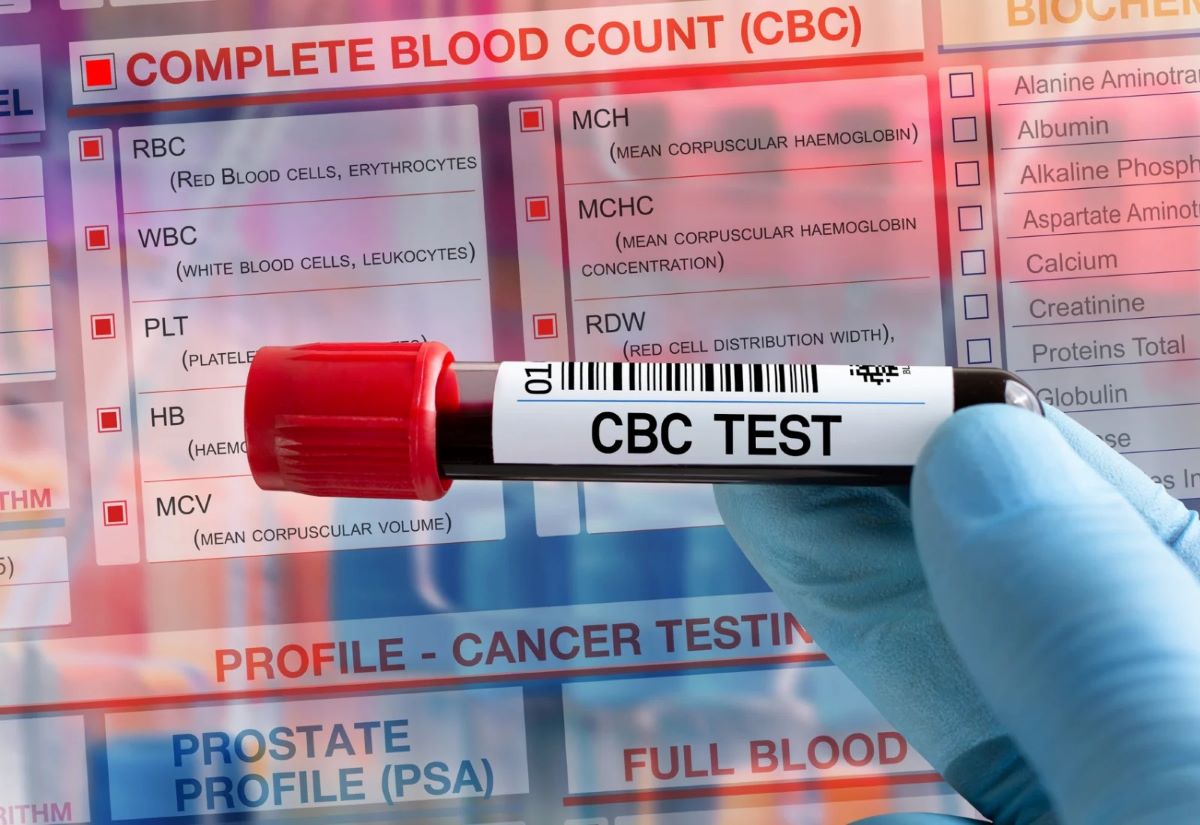Home>Finance>How Much Does A Cystoscopy Cost Without Insurance?


Finance
How Much Does A Cystoscopy Cost Without Insurance?
Published: November 18, 2023
Discover the cost of a cystoscopy without insurance and find out how it can impact your finances.
(Many of the links in this article redirect to a specific reviewed product. Your purchase of these products through affiliate links helps to generate commission for LiveWell, at no extra cost. Learn more)
Table of Contents
Introduction
Are you facing urinary symptoms or have been diagnosed with a bladder or urethral condition? If so, your doctor may recommend a cystoscopy. A cystoscopy is a medical procedure that allows doctors to examine the bladder and urethra using a thin, flexible tube called a cystoscope. This diagnostic procedure is performed to detect and diagnose various urological conditions such as urinary tract infections, bladder stones, tumors, and urinary incontinence.
While a cystoscopy can provide valuable insights into your urological health, it is natural to be concerned about the cost, especially if you don’t have medical insurance. The cost of a cystoscopy can vary depending on several factors, including the location, healthcare provider fees, and the extent of the procedure.
In this article, we will explore the cost of a cystoscopy without insurance, factors that influence the cost, and ways to potentially reduce the financial burden associated with this procedure. Understanding the cost of a cystoscopy will empower you to make informed decisions about your healthcare and financial well-being.
What is a cystoscopy?
A cystoscopy is a medical procedure that allows doctors to visually examine the bladder and urethra using a cystoscope. A cystoscope is a thin, hollow tube with a light and a camera at the end. It is gently inserted through the urethra and into the bladder, allowing the doctor to closely examine the structures and tissues within the urinary system.
During the procedure, the cystoscope may be equipped with additional tools or instruments to perform various diagnostic or treatment procedures if necessary. These may include taking tissue samples (biopsies), removing bladder stones, or treating certain conditions like bladder tumors or enlarged prostate.
Cystoscopy can be performed in a doctor’s office or hospital setting, either with local anesthesia (numbing the urethra) or with light sedation to ensure your comfort during the procedure. The duration of the cystoscopy can vary depending on the purpose and complexity, but it is generally a relatively quick procedure, typically lasting 10-30 minutes.
Cystoscopy plays a valuable role in diagnosing and monitoring several conditions affecting the urinary tract. By examining the bladder and urethra directly, doctors can identify abnormalities such as tumors, strictures, cysts, urinary tract infections, and other conditions that may be causing urinary symptoms or affecting the function of the urinary system.
It is important to note that while cystoscopy is a safe procedure with minimal risks, you may experience some temporary discomfort, such as a burning sensation or frequent urge to urinate, after the procedure. These effects are usually short-lived and should resolve within a day or two.
Why might you need a cystoscopy?
A cystoscopy may be recommended by your doctor for various reasons related to the urinary system. Here are some common scenarios where a cystoscopy may be necessary:
- Urinary symptoms: If you are experiencing urinary symptoms such as frequent urination, pain or discomfort during urination, blood in the urine, or recurrent urinary tract infections, your doctor may recommend a cystoscopy to investigate the cause and identify any underlying issues.
- Bladder disorders: Cystoscopy can help in diagnosing and monitoring conditions affecting the bladder, such as urinary incontinence, overactive bladder, bladder stones, bladder diverticula, or bladder tumors. It allows the doctor to visualize the bladder and assess its condition directly.
- Urinary tract infections (UTIs): Recurrent UTIs or persistent UTI symptoms despite treatment may warrant a cystoscopy to rule out any anatomical abnormalities or urinary tract obstructions that could be contributing to the infections.
- Hematuria: If you have blood in your urine (hematuria) that cannot be explained by other tests or if there is a concern about bladder or kidney cancer, a cystoscopy may be performed to examine the bladder for any signs of abnormalities or blood sources.
- Monitoring and surveillance: If you have a history of bladder or urethral conditions, such as bladder tumors or urinary tract strictures, regular cystoscopies may be recommended to monitor the condition or assess the effectiveness of treatment.
It is essential to discuss with your doctor the specific reasons why a cystoscopy is being recommended in your case. They will explain the potential benefits, risks, and alternative options to ensure that you are fully informed and comfortable proceeding with the procedure.
Understanding the cost of a cystoscopy without insurance
Without medical insurance, the cost of a cystoscopy can be a significant concern. It is essential to have a clear understanding of the potential expenses involved to make informed decisions about your healthcare and budget accordingly.
The cost of a cystoscopy without insurance can vary depending on several factors, including:
- Healthcare provider fees: Different healthcare providers may have varying fee structures for cystoscopy. It is advisable to research and compare prices from different providers in your area to find the most affordable option.
- Location: The cost of healthcare services can vary from one geographic location to another. Generally, procedures performed in larger cities or more affluent areas may be more expensive compared to smaller towns or less populated areas.
- Extent of the procedure: The cost may vary based on the purpose of the cystoscopy. For example, a simple diagnostic cystoscopy to evaluate urinary symptoms may be less expensive than a cystoscopy that includes additional procedures such as biopsies or stone removal.
- Add-on services or tests: Depending on the results of the cystoscopy, your doctor may recommend additional tests or services, such as laboratory tests or imaging studies, which can add to the overall cost.
It is important to note that the cost of the procedure may only cover the actual cystoscopy itself. Additional charges for pre-operative evaluation, anesthesia, pathology analysis of any samples, and post-operative care may also be incurred. Therefore, it is crucial to obtain a comprehensive breakdown of the costs involved to avoid any unexpected financial surprises.
Keep in mind that some healthcare providers offer discounted rates or installment plans for individuals without insurance. It is worth exploring these options and discussing your financial situation with the provider to potentially negotiate a more affordable payment arrangement.
Lastly, if you anticipate the need for a cystoscopy and do not have insurance, it may be beneficial to look into obtaining coverage before undergoing the procedure. Researching and comparing different insurance plans can help you find more favorable terms and potentially reduce the financial burden of the cystoscopy and other healthcare expenses.
Factors that influence the cost of a cystoscopy
The cost of a cystoscopy can vary depending on several factors. Understanding these factors can help you anticipate and better navigate the expenses associated with the procedure:
- Location: The geographical location where the cystoscopy is performed can significantly impact the cost. Healthcare costs can vary from one region to another, and procedures done in metropolitan areas tend to be more expensive compared to rural or less populated areas.
- Type of facility: The type of healthcare facility where the cystoscopy is performed can influence the cost. Generally, outpatient clinics or ambulatory surgery centers offer more affordable rates compared to hospitals.
- Healthcare provider fees: Different healthcare providers may charge different fees for the cystoscopy procedure. Factors such as experience, expertise, and reputation of the provider can affect the cost.
- Extent of the procedure: The complexity of the cystoscopy can influence the cost. If additional procedures, such as biopsies or stone removal, are performed during the cystoscopy, it may lead to higher expenses.
- Anesthesia: The type of anesthesia used during the cystoscopy can influence the cost. Local anesthesia, which numbs the area, is often less expensive compared to general anesthesia, which requires the presence of an anesthesiologist.
- Add-on services: Depending on the results of the cystoscopy, additional services such as laboratory tests, imaging studies, or consultations with specialists may be required. These additional services will contribute to the overall cost.
- Insurance coverage: If you have medical insurance, the coverage and co-payment arrangement will influence the amount you pay out of pocket for the cystoscopy. Insurance providers negotiate rates with healthcare facilities, which can significantly reduce the cost.
It is important to discuss the cost of the cystoscopy with your healthcare provider beforehand. They can provide you with an estimate, including any potential additional charges, and guide you on how to navigate the financial aspects of the procedure.
Additionally, exploring different healthcare providers and comparing their fees, as well as researching insurance plans, can help you find more affordable options. Always remember to balance cost considerations with the quality and expertise of the healthcare professionals involved in your care.
Average cost of a cystoscopy without insurance
Without insurance coverage, the cost of a cystoscopy can vary widely depending on several factors such as location, healthcare provider fees, and the extent of the procedure. While it is challenging to provide an exact figure, we can provide a general range to give you an idea of the average cost.
On average, the cost of a cystoscopy without insurance can range from $800 to $5,000 or more. This cost typically covers the procedure itself and may vary based on the following factors:
- Geographical location: Healthcare costs can vary significantly depending on where you live. For example, the cost of a cystoscopy in urban areas or regions with a higher cost of living may be higher compared to rural or less populated areas.
- Facility type: The type of facility where the cystoscopy is performed can impact the cost. Outpatient clinics or ambulatory surgery centers tend to have lower costs compared to hospitals.
- Healthcare provider fees: Different healthcare providers will have their own fee structures, which can influence the overall cost of the procedure. Providers with more experience or specialized expertise may charge higher fees.
- Extent of the procedure: The complexity and additional procedures performed during the cystoscopy can affect the cost. If biopsies, stone removal, or other treatments are necessary, the total cost may be higher.
- Anesthesia costs: The type of anesthesia administered during the cystoscopy can impact the overall cost. Local anesthesia is generally less expensive compared to general anesthesia, which requires the presence of an anesthesiologist.
- Add-on services: Depending on the results of the cystoscopy, additional services such as laboratory tests, imaging studies, or consultations with specialists may be required. These additional services will contribute to the total cost.
It is essential to discuss the estimated cost of the cystoscopy with your healthcare provider before the procedure. They can provide you with a more accurate estimate based on your specific situation and help you plan for any associated expenses.
Keep in mind that some healthcare providers offer discounted rates or payment plans for individuals without insurance. Exploring these options and discussing your financial situation with the provider can potentially help reduce the financial burden of the cystoscopy.
Ways to reduce the cost of a cystoscopy without insurance
If you do not have medical insurance and are concerned about the cost of a cystoscopy, there are several steps you can take to potentially reduce the financial burden. Consider the following strategies:
- Shop around and compare prices: Research different healthcare providers in your area to compare their fees for a cystoscopy. Look for ambulatory surgery centers or outpatient clinics that may offer more affordable rates compared to hospitals. Make sure to inquire about any additional charges or services included in the price.
- Ask for discounted rates: Some healthcare providers may offer discounted rates or income-based sliding scale fees for individuals without insurance. Speak openly with the provider’s billing department about your financial situation and ask if they have any flexible payment options available.
- Consider payment plans: Inquire whether the healthcare provider offers payment plans that allow you to spread the cost of the cystoscopy over time. This can help make the payments more manageable and reduce the immediate financial impact.
- Seek financial assistance programs: Research whether there are any local or national programs that provide financial assistance for medical procedures. These programs may be available through non-profit organizations, government agencies, or hospitals.
- Look into medical tourism: Depending on your situation, it may be worth exploring the option of medical tourism. In some cases, traveling to another country where healthcare costs are lower can significantly reduce the expense of a cystoscopy. However, it is essential to thoroughly research the facility and ensure that the doctor is reputable.
- Consider insurance options: If you anticipate the need for a cystoscopy or other medical procedures in the future, it may be worth looking into obtaining medical insurance coverage. Research different insurance plans to find one that suits your needs and budget. Keep in mind that some plans may have waiting periods for certain procedures, so plan ahead accordingly.
Remember, while cost is an important consideration, it is equally crucial to ensure that you receive quality healthcare from experienced professionals. Always balance financial considerations with the reputation and expertise of the healthcare providers involved in your care.
Discussing your concerns about the cost of the cystoscopy with your healthcare provider is essential. They may have additional recommendations or resources to help you navigate the financial aspects of the procedure and ensure that you receive the necessary care without incurring excessive financial strain.
Conclusion
A cystoscopy is a valuable diagnostic procedure in urology that allows doctors to visually examine the bladder and urethra, aiding in the diagnosis and management of various urinary conditions. However, without insurance coverage, the cost of a cystoscopy can be a significant concern.
Understanding the cost factors and exploring ways to reduce expenses can help alleviate the financial burden of a cystoscopy without insurance. Researching different healthcare providers, comparing prices, and inquiring about discounted rates or payment plans can potentially lower the cost. Exploring financial assistance programs or considering medical tourism may also provide additional options.
Moreover, if you foresee the need for a cystoscopy or other medical procedures in the future, obtaining medical insurance coverage can help mitigate costs. Thorough research of insurance plans and understanding the coverage terms is crucial in obtaining suitable coverage for your needs.
Remember to consult with your healthcare provider about the estimated cost of the cystoscopy and discuss any concerns regarding affordability. They can provide valuable guidance and assistance in navigating the financial aspects, including potential payment options and resources.
Ultimately, while the cost of a cystoscopy without insurance is a valid concern, it is important to prioritize your overall health and well-being. Seeking timely medical attention and proper diagnosis through cystoscopy can potentially prevent further complications and improve your urinary health and quality of life.














